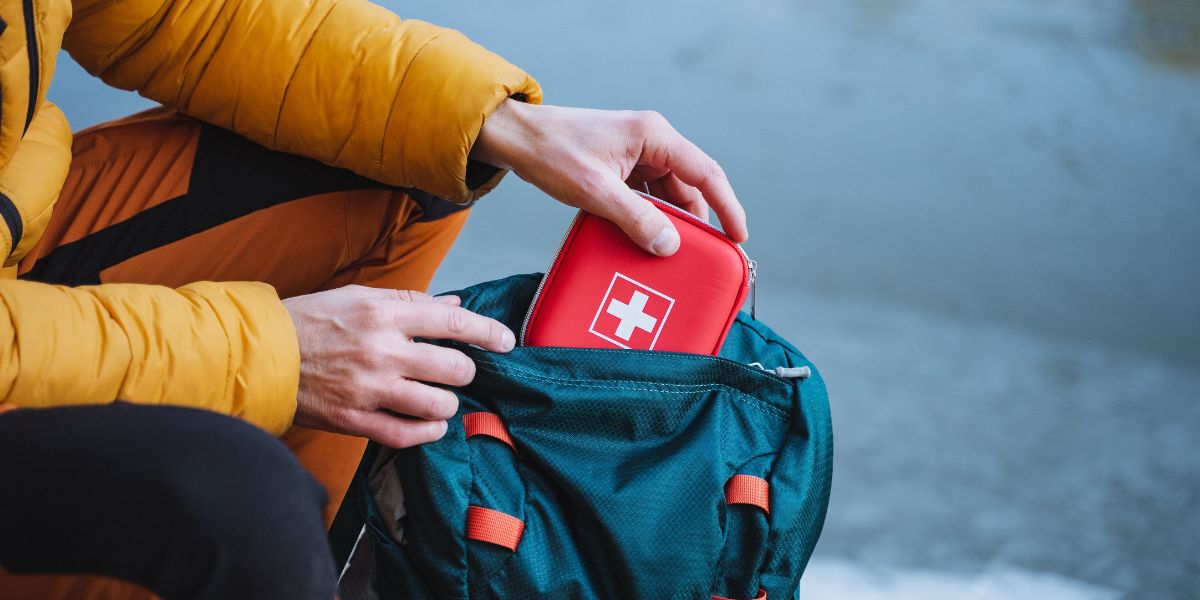 Winter and the cold weather it brings come their own set of risks and hazards that can easily lead to accidents or injury. Knowing how to handle and prevent these common winter emergencies can help you stay safe, prepared and confident throughout the colder months.
Winter and the cold weather it brings come their own set of risks and hazards that can easily lead to accidents or injury. Knowing how to handle and prevent these common winter emergencies can help you stay safe, prepared and confident throughout the colder months.
Slips, trips and falls
Icy paths and slick surfaces make falls more common in wintertime, often leading to sprains or strains.
What you can do: Wear sturdy shoes with good grip and take your time on slippery surfaces. If a fall happens, use rest, ice, compression and elevation (RICE) to reduce swelling.
Cold exposure
Spending too long in cold or damp conditions can lead to hypothermia (low body temperature) or frostbite (freezing of skin and tissue).
What you can do: Dress warm and dry by dressing in layers and avoid spending time outside during wet weather. Learn to recognise the early signs of hypothermia like shivering, confusion or slurred speech, and warm the person gradually using blankets and warm compresses, not direct heat.
Burns and scalds
Heaters, open fires, hot drinks, and hot water bottles all make burns and scalds more common in winter, especially among young children.
What you can do: In the case of a burn, remove any jewellery and clothing near the burn site and cool the area under cold (not icy!) running water for 20 minutes. For severe burns, call 000 immediately.
Carbon monoxide poisoning
Using gas or fuel heaters in poorly ventilated spaces can lead to a dangerous build-up of carbon monoxide gas.
What you can do: Never use outdoor heating appliances indoors and ensure good ventilation. If symptoms appear, move to fresh air immediately and call emergency services.
Dehydration and dry skin
Cold weather can make you feel less thirsty, but you can still become dehydrated which can lead to dry skin, headaches, dizziness, and and fatigue.
What you can do: Drink water regularly throughout the day and avoid too much caffeine or alcohol.
Eye irritations
Cold wind and dry air can also cause sore or irritated eyes, especially from debris like snow or ice.
What you can do: Use protective eyewear outdoors during harsh conditions and regularly use lubricating eye drops if needed.
Be prepared
Keeping a well-stocked first aid kit nearby can help your stay prepared for any emergency. Explore our full range of first aid kits for home, work and outdoor use below.

